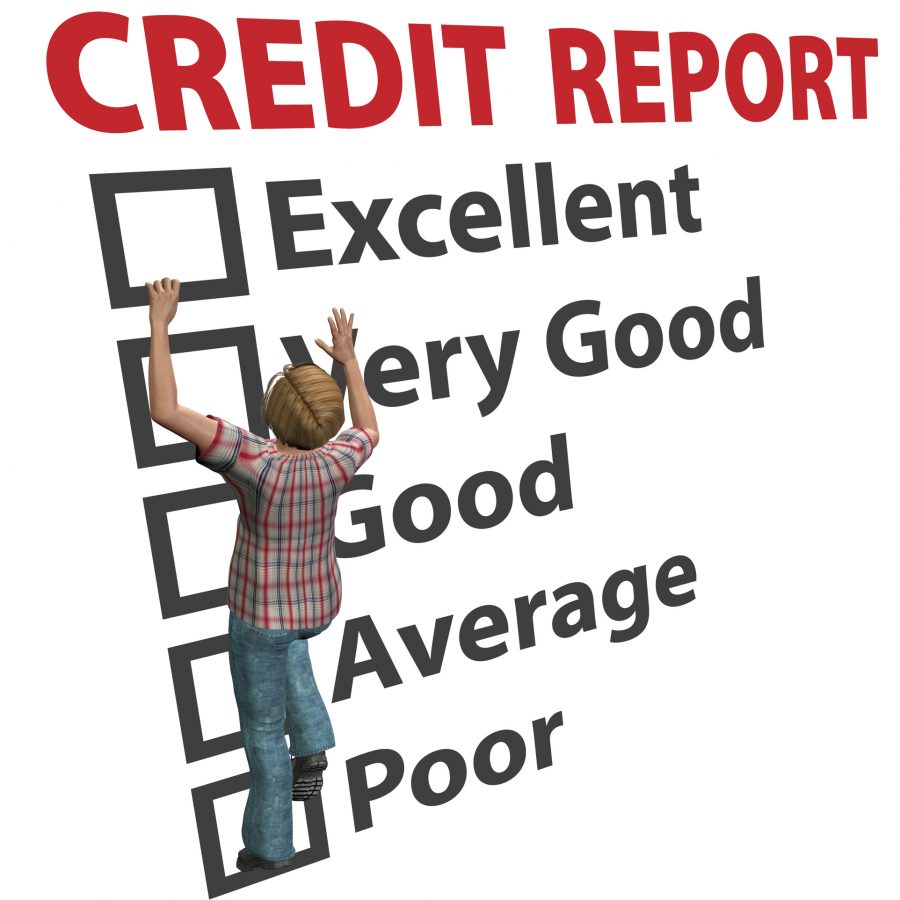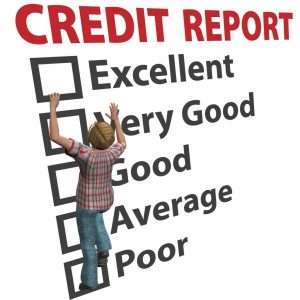What is a credit score?
A credit score is a 3-digit number, ranging from 0-999 (depending upon the credit agency), that shows how likely you are to be accepted for credit. The score will be based on your credit report, which is a record of how you have handled credit in the past.
When you want to borrow money and take out a loan or mortgage, for example, your score will have an impact on who will lend you money and what interest rate you will be charged. Here we break down key points that will have an impact in determining your score.
This is a calculation done by lenders using many factors to see if you qualify for a loan, credit card, or mortgage for example. Lenders take information from credit agencies, such as Experian or Equifax, and apply their own calculations to determine a score that a client has.
How is your credit score made up?
Many factors come into play with your score – for example:
- Your payment history – If you have a good record of paying debts on time then great, but if you have missed any payments on credit that you currently or previously had this will have an impact.
- Your overall debt level and how you are managing this – for example, are you clearing your credit card balances every month or are you at the limit of your credit cards.
- If you have no active credit this can work against you, as you have no record of being able to manage credit.
- You don’t want to carry out too many credit searches as it could look like you are trying to borrow money from many different sources.
- Are you on the Voters Roll? – This information does show on your credit report and helps lenders confirm your name and address.
Credit score types
High Score
A high credit score means your credit report contains information that shows you’re low risk – which means that you are more likely to appeal to lenders. A high score will demonstrate that you pay your bills on time and you manage your money well. With a higher credit score, you are more likely to be accepted for loans.
Low Scores
A low credit score means that you could be seen as high risk. Someone with a low credit score for example may have a report that shows they’ve defaulted on previous debt, or have a CCJ against them. With a low credit score, lenders may offer you credit but at a much higher rate of interest, or reject the application altogether. But don’t worry – there are plenty of steps you can take to improve your score!
Simple steps to help manage your credit score
- Review your credit report and score regularly to ensure that the information is correct
- Ensure that you don’t miss any payments
- Try and reduce your credit card balances
- Register on the electoral roll
Why does having a score matter?
Your score matters as it has an impact when you go to borrow money. High Street banks generally offer the lowest interest rates and to borrow from them you will need to have a good score. However, if your score is low, you will be seen as a higher risk and the interest rates you will be charged could be higher.
So a good tip is to keep an eye on your credit report because you may want to borrow money in the future, and you don’t want any surprises.
How to secure a mortgage with The Money Hub
To secure a mortgage, you should speak to an FCA-authorised broker who can give you advice on mortgages from the whole of the market. We have mortgage advisers on hand to help at the Money Hub with all of your questions. To speak to a member of our helpful team, please get in touch today!
DISCLAIMER: These articles are for information only and should not be construed as advice. You should always seek advice prior to taking any action.

